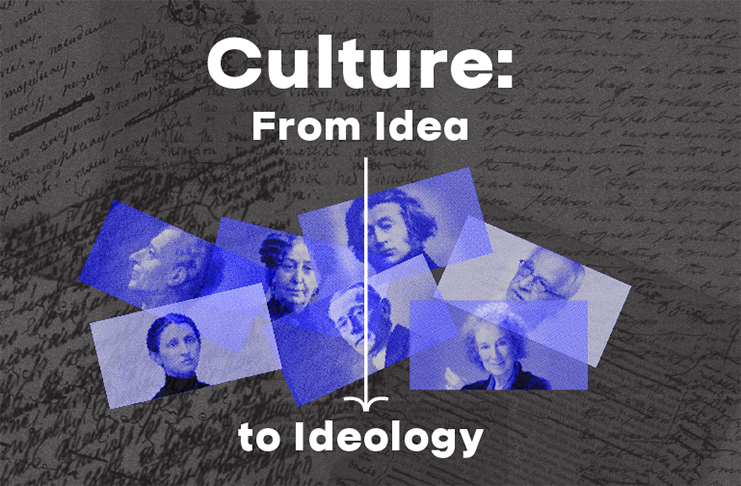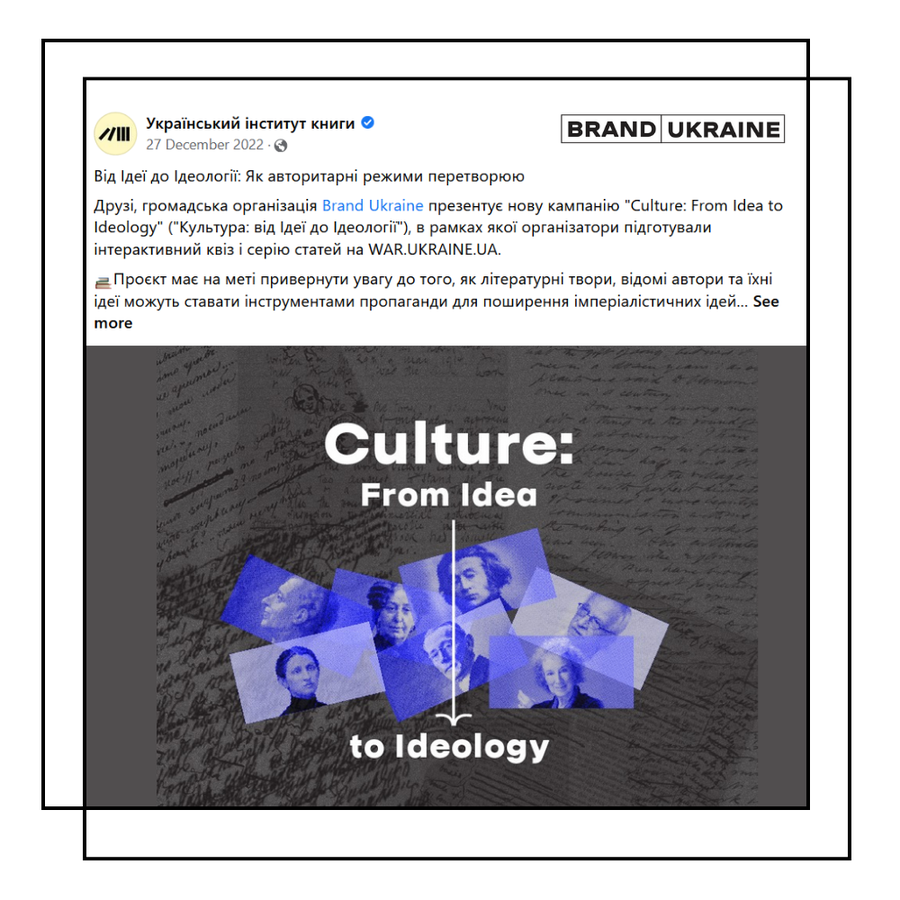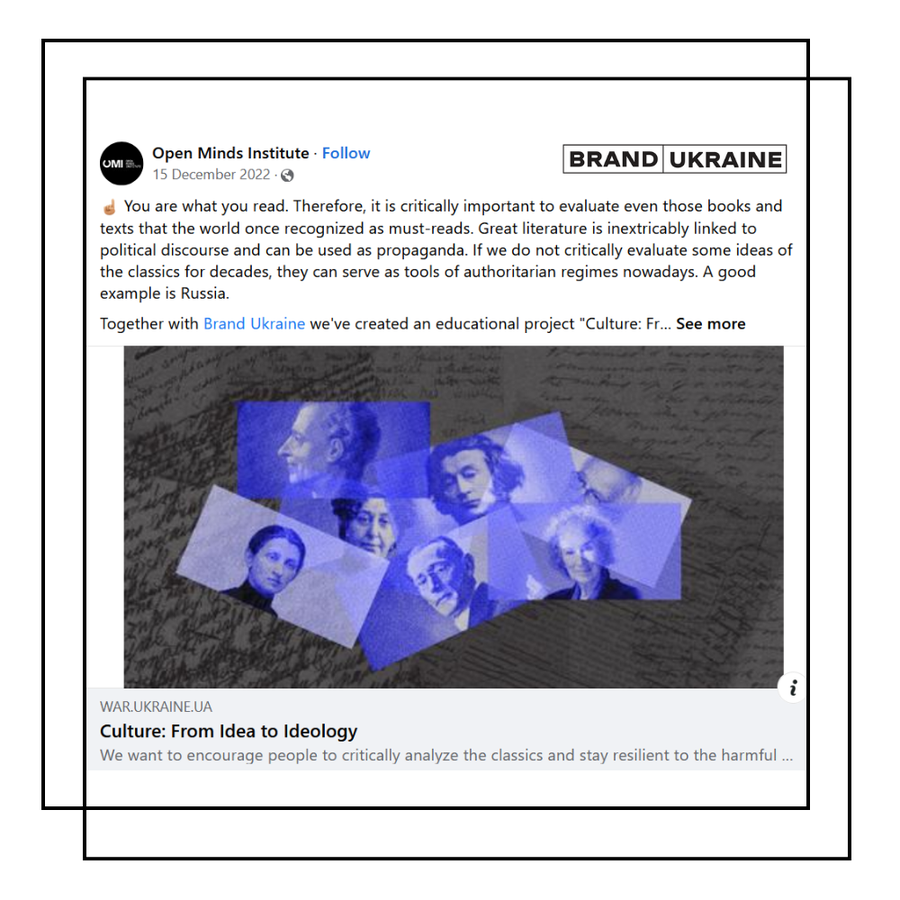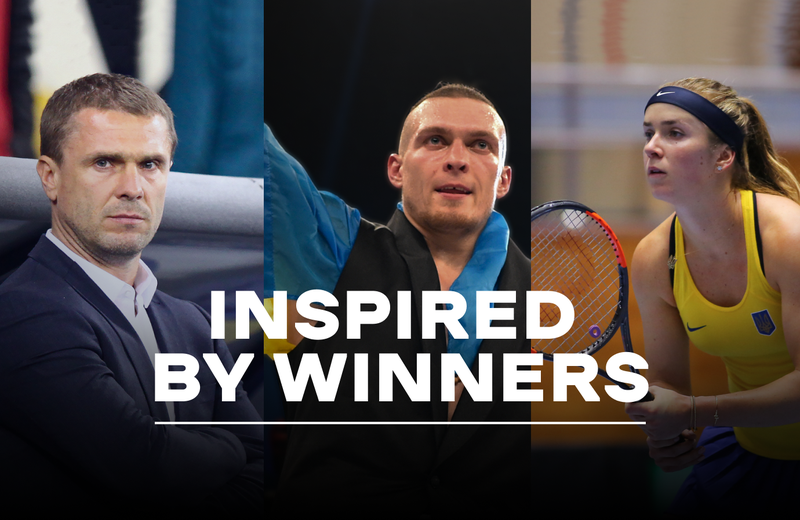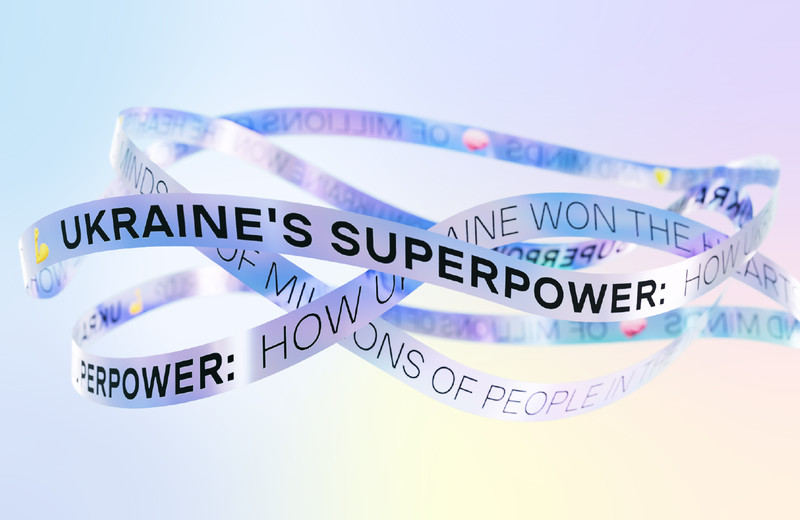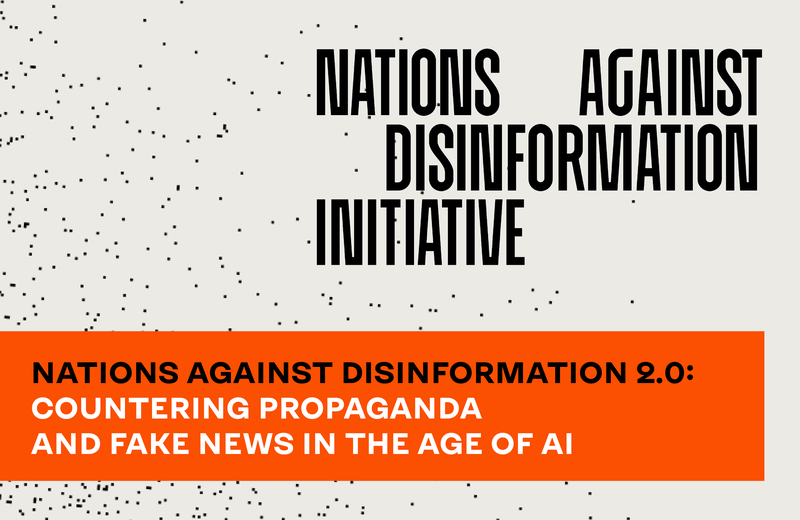Culture: From Idea to Ideology
Goal
To disclose how authoritarian regimes weaponise culture to achieve imperialistic goals, how some classical literature pieces, renowned authors and their ideas can be instrumentalised to serve a propagandistic purpose.
Insight
2022 is the year of reasoning and questioning general knowledge that we might have taken for granted for a long time. The modern history is giving us a clue that we must learn to read between the lines of what we are used to considering right, intellectual, or simply classical literature pieces.
Ideas shape people's worldviews and guide their actions. Literature, like no other sphere, transmits ideas. But can you easily recognise when culture is used to manipulate you? Even if you think you can, it might be harder than you expect, let alone when it comes to your favourite authors.
The war on Ukraine triggered the need to critically reconsider the legacy of Russian thinkers of different generations, some with strong moral authority for the Western audience, and look into it from a different angle. The angle where Russian writers are not viewed as prophets but the bearers of imperialist convictions and narratives, who created dangerous justification for the authoritarian regime established in Russia and the aggressive wars it started.
By introducing the concept of "great" Russian culture, Moscow fostered the idea of leading Russian role in the Soviet Union, imperialistic thinking, and arrogance towards the culture of other nations, including Ukrainian. Today again, Putin's regime instrumentalizes literature to foster imperialistic ideas about the past that is simultaneously present; this makes the project highly relevant and timely.
Concept
“Culture: From Idea to Ideology” campaign is aimed at raising the awareness of audiences in European countries on the link between ideas and ideologies. The main idea is to help users question what they might have known as untouchable classical literature and “great” names, as well as discover writers and philosophers have nurtured a thirst for freedom, humanism, and equality in their society over the centuries and what writers have served imperialism and justified chauvinism.
Implementation
The campaign “Culture: From Idea to Ideology” was launched on 14.02.2023.
We invite users to take a 3-steps journey through the quiz and additional materials to see how cultures can intertwine with authoritarian regimes and the damage they can sometimes do to our reality.
Step 1. Take a Quiz:
Use a critical attitude to familiar ideas and characters you grew up with and find out what writers and philosophers have nurtured a thirst for freedom, humanism, and equality in their society over the centuries and what writers have served imperialism and justified chauvinism.
Step 2. Go deep:
If you want to explore deeper the topic of how literature and ideology is interconnected, we invite you to read these articles written by experts:
- Career of propaganda: the interplay between literature and authoritarian regimes
- Origins of Rashism: great threats of great Russian literature
Step 3. Share with others:
Please share this page and invite your colleagues, friends and followers to take the quiz. Here you can find the visuals for your posts on social media. We want to encourage people to take a more meaningful approach to the classical literature or publicism, and stay resilient to the harmful ideas, imposed by soft power in the wrong hands. Be critical and remember: You are what you read.
Top stories from partners
“Critical thinking needs to be applied to detecting propaganda but also in discovering the power of ideas that drive ideologies. This campaign encourages young people to take a more meaningful and critical approach to, for example, classical literature and the way it can be instrumentalised for ideological purposes,” said Martin Schroeder, Head of the Local and Human Development Section at the EU Delegation to Ukraine.
"Literature, like no other sphere, transmits ideas. The following project challenges the literary legacy of the most prominent Russian authors and reveals power relations between the writer and the authoritarian regime. In Russia, as in the Soviet state, certain cultural interpretations were used to justify policy towards other nations and geopolitics. So, culture was an instrument for achieving political goals. By introducing the concept of "great" Russian culture, Moscow fostered the idea of leading the Russian role in the Soviet Union, imperialistic thinking, and arrogance towards the culture of other nations, including Ukrainian. Today again, Russia instrumentalizes literature to foster imperialistic ideas about the past that is simultaneously present; this makes the project highly relevant and timely," said Dr Oleksandra Gaidai, Ukrainian Institute.
"I find this quiz engaging because it allows us to see the difference between true humanism, true democracy, and rather hypocritical pseudo-humanism. On the one hand, Russia promotes its literature and imperial culture as a "soft power" for export and embodies the worst that can be found in the teachings of Dostoevsky and Tolstoy on the other. It is substantial to recall that Dostoevsky's humanity is perfectly combined with militant chauvinism, and Tolstoy's morality with misogyny, etc. Of course, the quiz is aimed primarily at a global audience: to remind Ukrainians of such things would be preaching to the choir. However, it is also useful to recall which quotation belongs to whom (I have not guessed all authors): the diversity and unity of world culture become very evident," commented Mykhailo Nazarenko, literary critic, PhD in Philology, Associate Professor at the Department of East Slavic Philology and Information and Applied Studios of the UNIF of KNU.
We are particularly grateful to
OPEN MINDS INSTITUTE
DR OLEKSANDRA GAIDAI, UKRAINIAN INSTITUTE
MYKHAILO NAZARENKO, LITERARY CRITIC, PHD IN PHILOLOGY, ASSOCIATE PROFESSOR AT THE DEPARTMENT OF EAST SLAVIC PHILOLOGY AND INFORMATION AND APPLIED STUDIOS OF THE UNIF OF KNU.
Team
Project Lead: Marina Dadinova
Project manager: Anastasia Gunchenko
Content manager: Yuliia Kleban
Art Director: Daria Podoltseva
Technical implementation: Open Minds Institute, BRAND UKRAINE
